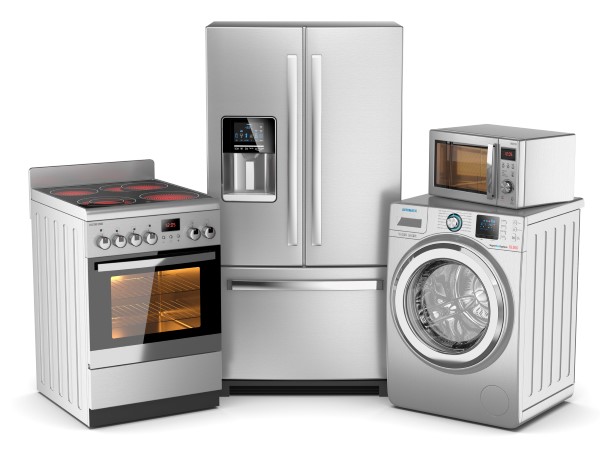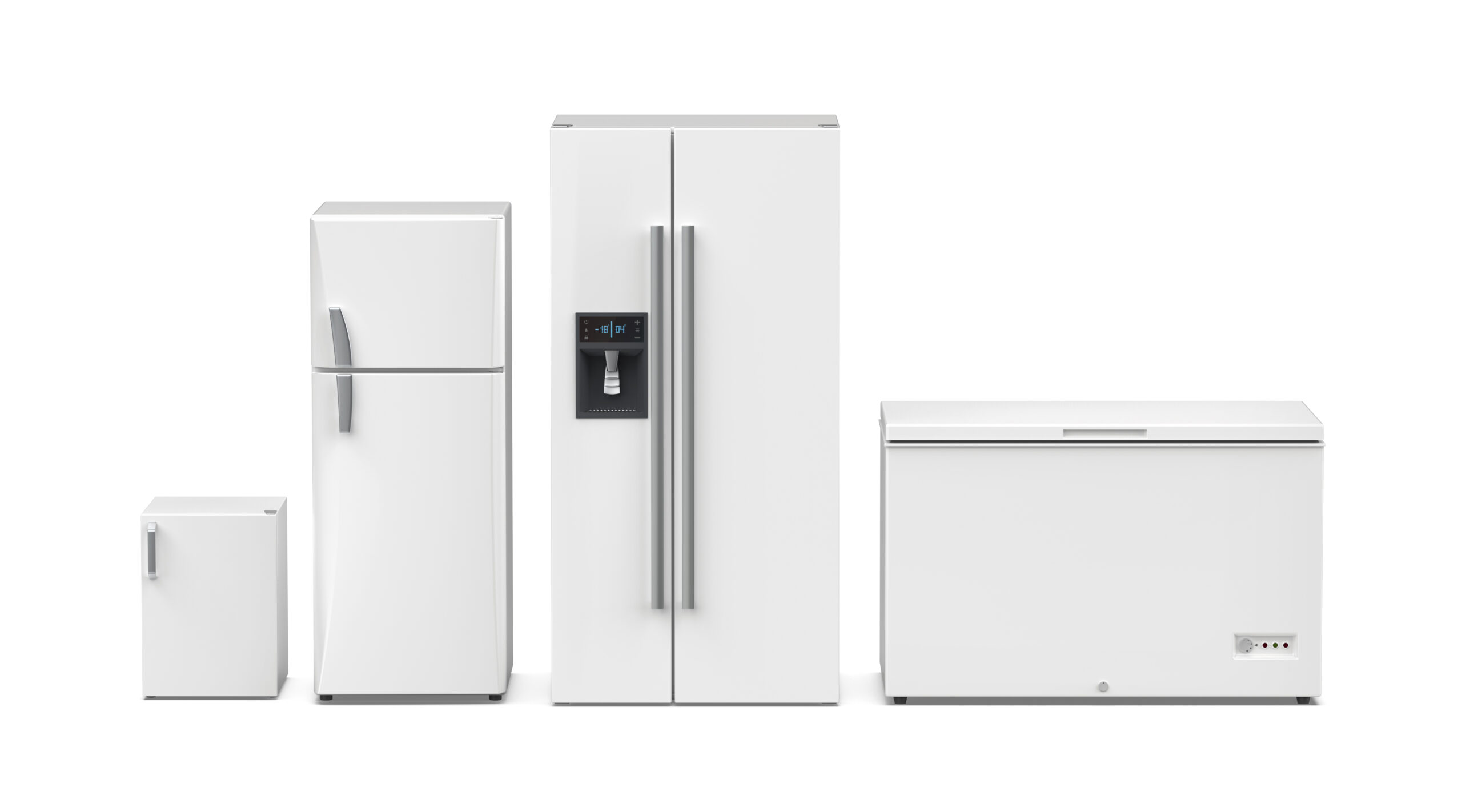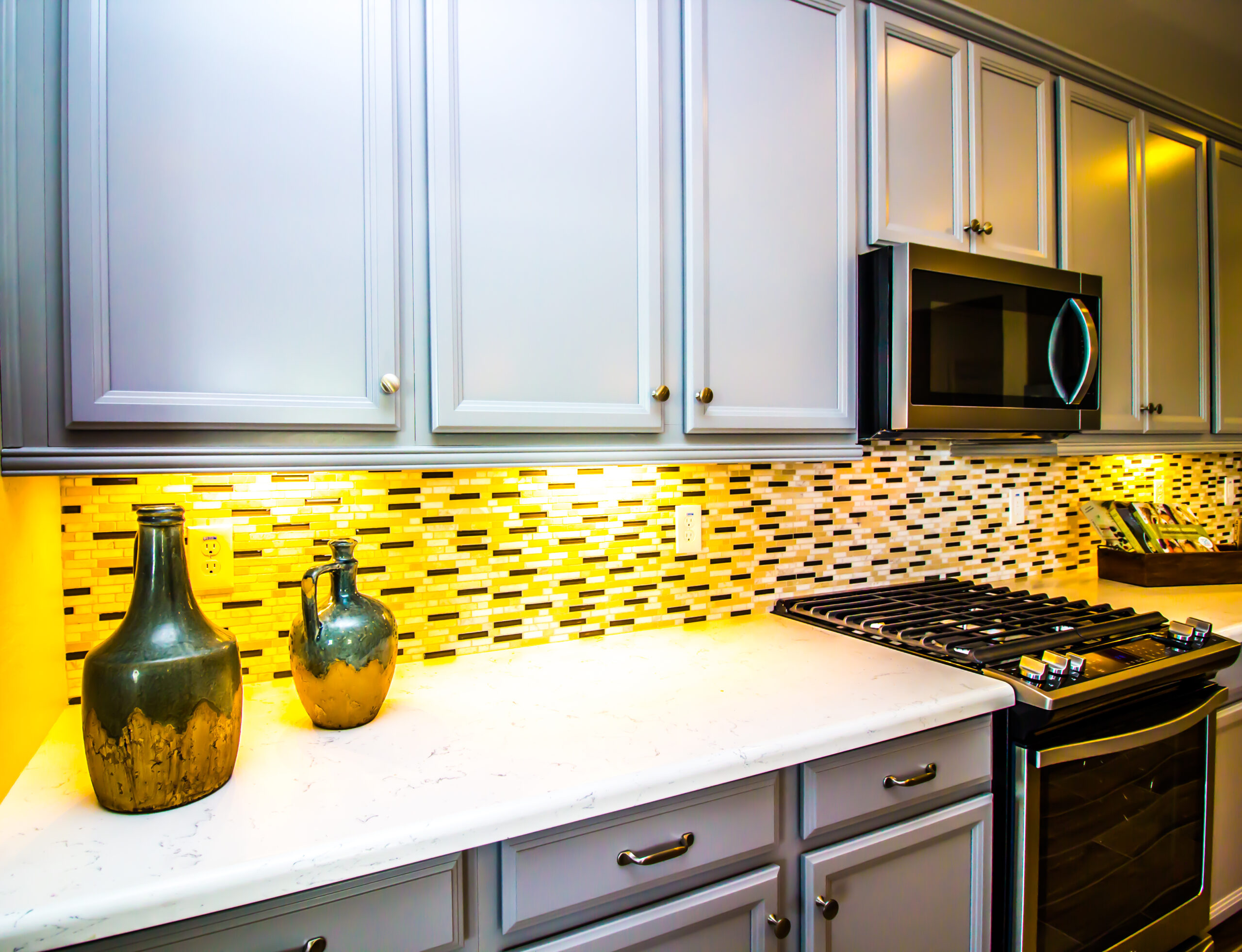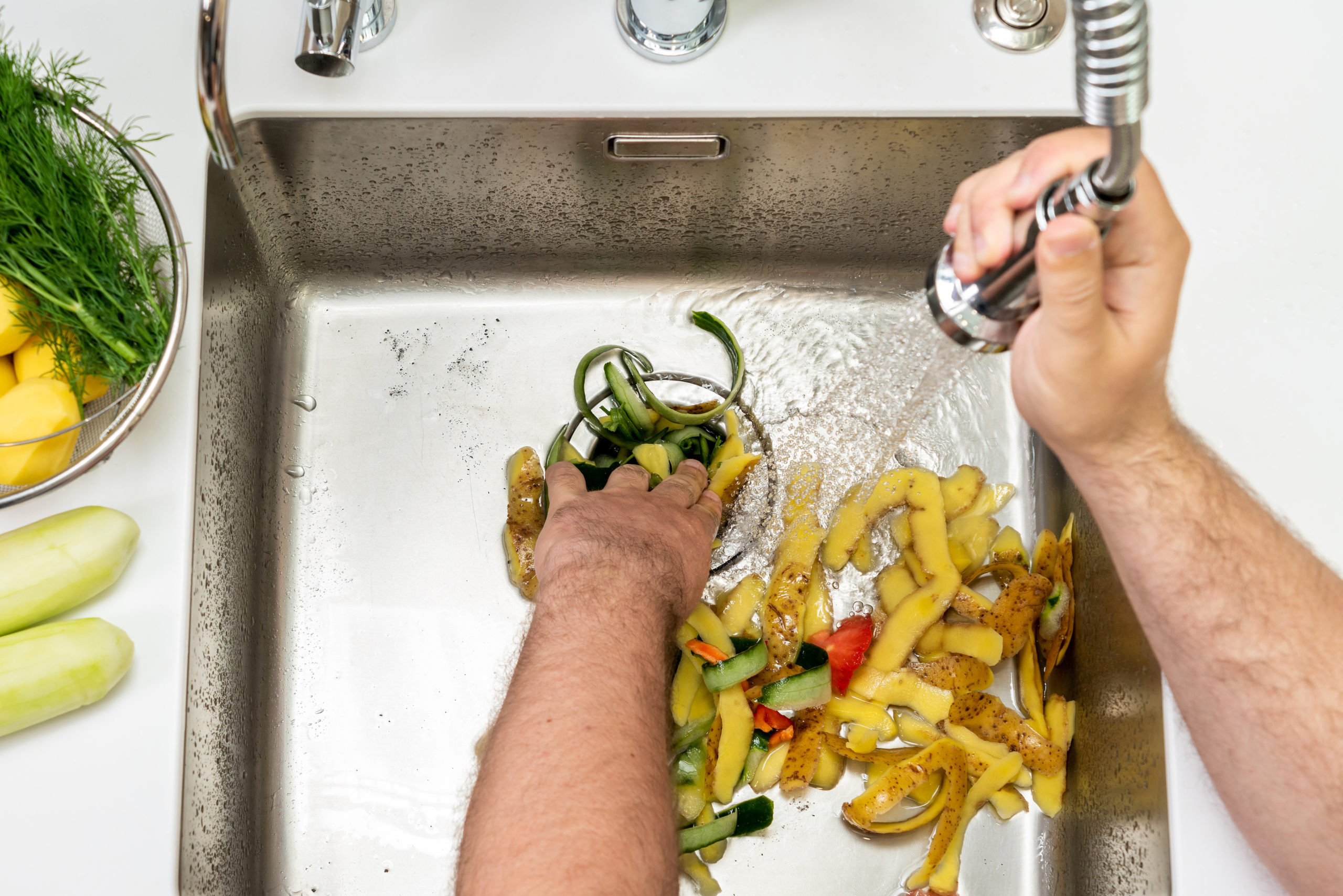
If you have a broken appliance, you might wonder whether you should repair it or simply replace it. This is a complex decision that depends on numerous factors, including the age of the appliance and the cost of the repair. Here’s what you need to know.
Warranty Considerations
Check your documentation to determine whether the appliance is still under warranty. Standard warranties provide parts and labor coverage for a year and extended coverage of parts for up to two years. If you have an extended home warranty, it may be covered for much longer. If your appliance is under warranty, call a repair professional to help you decide.
Useful Life
Every appliance has an expected useful life, from 6 years for a trash compactor to 10 years for a washing machine to 15 years for a gas range. If your appliance is nearing the end of its useful life, not only is it more likely to break down again soon, but it is probably not as energy efficient or feature filled as a new version. In this case, replacement may be better. If your appliance is still relatively new, though, you may be able to get many more years out of it for the cost of the repair.
50% Rule
The 50% rule says that if an appliance is more than 50% through its useful life, AND repair would cost more than 50% of replacement, it is best to replace the appliance. This is simplistic, but a reasonably good rule of thumb. If you are on the fence, your appliance repair professional can help you fine tune this rule to fit your individual situation.
DIY Checks
Before getting into the repair vs replace debate, make sure the appliance is actually broken. Check that it is plugged in, that it is not sitting on an uneven surface, and that the circuit breakers haven’t been tripped. Then unplug the appliance and inspect it for simple, easy to repair issues such as a clogged filter or a burned out light bulb. If you do not see anything obvious, call a professional. DIY repairs are not recommended due to the inherent dangers of electricity and water.
Energy Efficiency
Naturally, the newer the appliance, the more energy efficient it is likely to be. However, energy savings tend to be moderate in the short run, adding up only over time. If you will remain in your home for at least 10 to 15 years, you might see some real savings from upgrading to a new, energy efficient appliance. If you will move soon, though, and your old appliance still has a lot of life left, it makes little sense to invest in expensive new energy efficient appliances.
Hidden Costs
Be sure to factor in the hidden costs of replacing your appliance. Running new gas lines or moving cabinetry can be very expensive. If the new appliance is not exactly the same size and shape as the old one, with the same connections, then the cost of replacement could be far more than just the price of the appliance. In this case, repairing the old one may be much less expensive.
Ready to Get Started?
If you are seeking quick, cost-effective, and reliable appliance repair, call Appliance Repair 512 today at (512) 351-7624. We look forward to handling all of your appliance repair needs.
continue reading
Related Posts
Refrigerators come in a variety of sizes and configurations. If you’re in the market for a new fridge, you may be wondering what size is right for your kitchen. There are a few different things to consider when it comes to choosing a refrigerator that is the appropriate size for […]
If you’re looking to upgrade your kitchen, an over-the-range microwave is a great addition. It not only saves counter space but also adds to the overall aesthetic of your kitchen. However, installing an over the range microwave is often a daunting task for many homeowners. The good news is that […]
Garbage disposals can be very convenient. You rinse food scraps right off the plate or cutting board and run the disposal until they disappear down the drain. It keeps smelly food out of your trash and prevents your drain from clogging. However, this is only the case if your disposal […]



